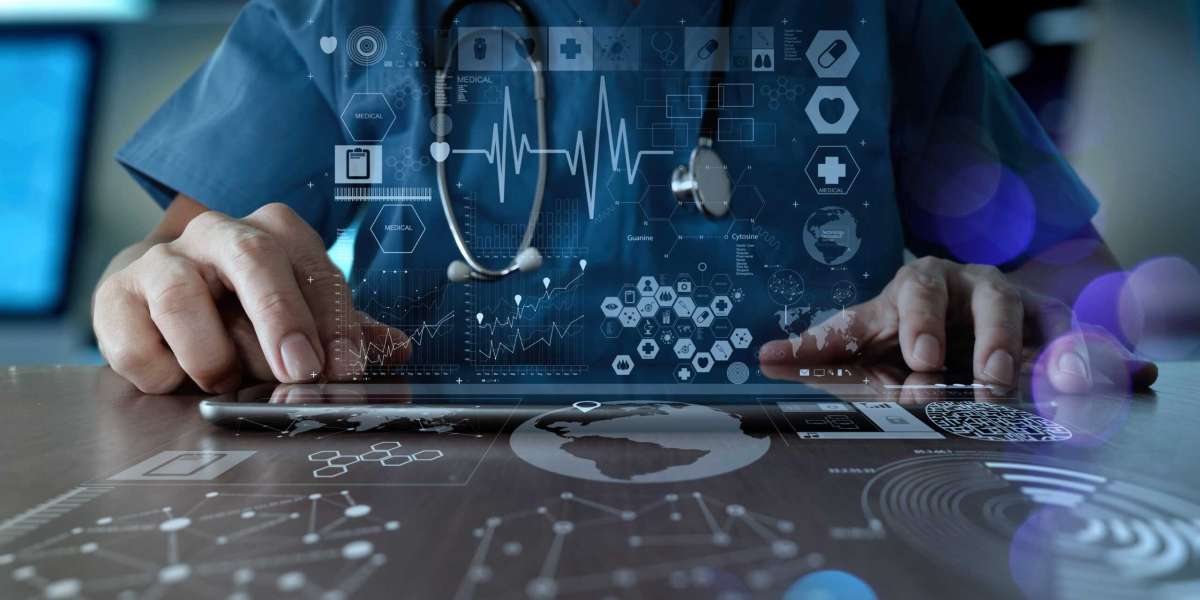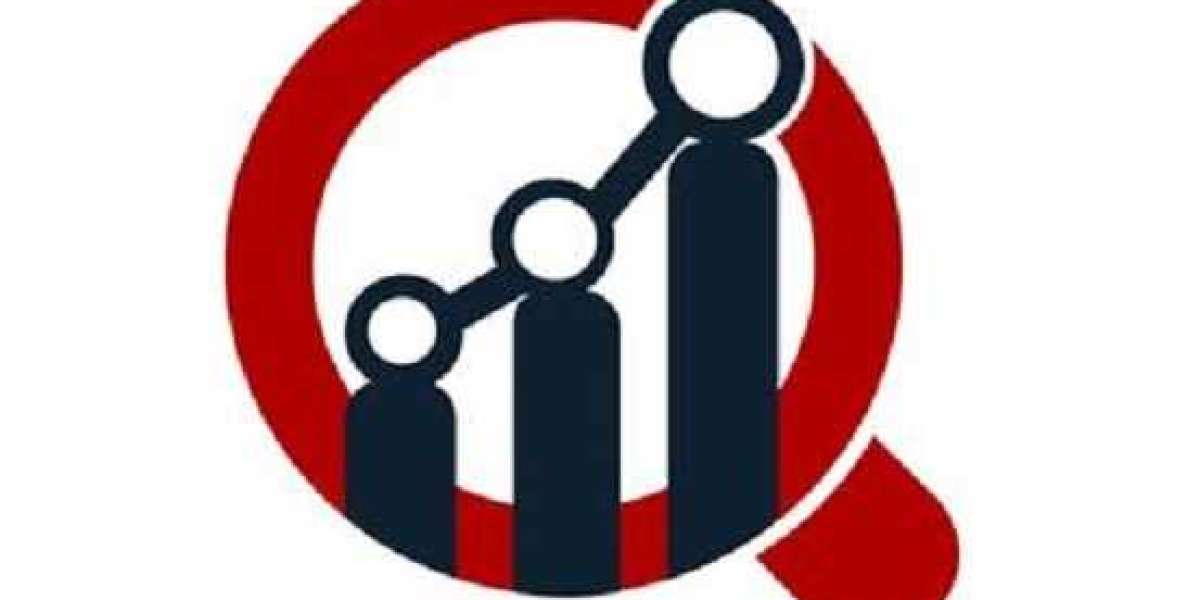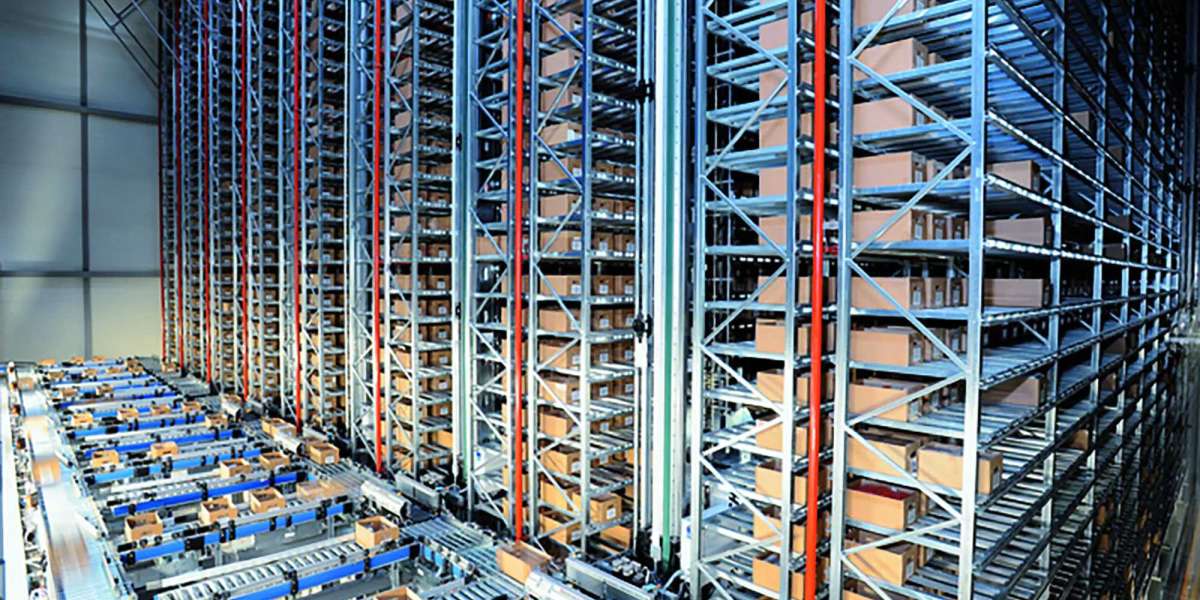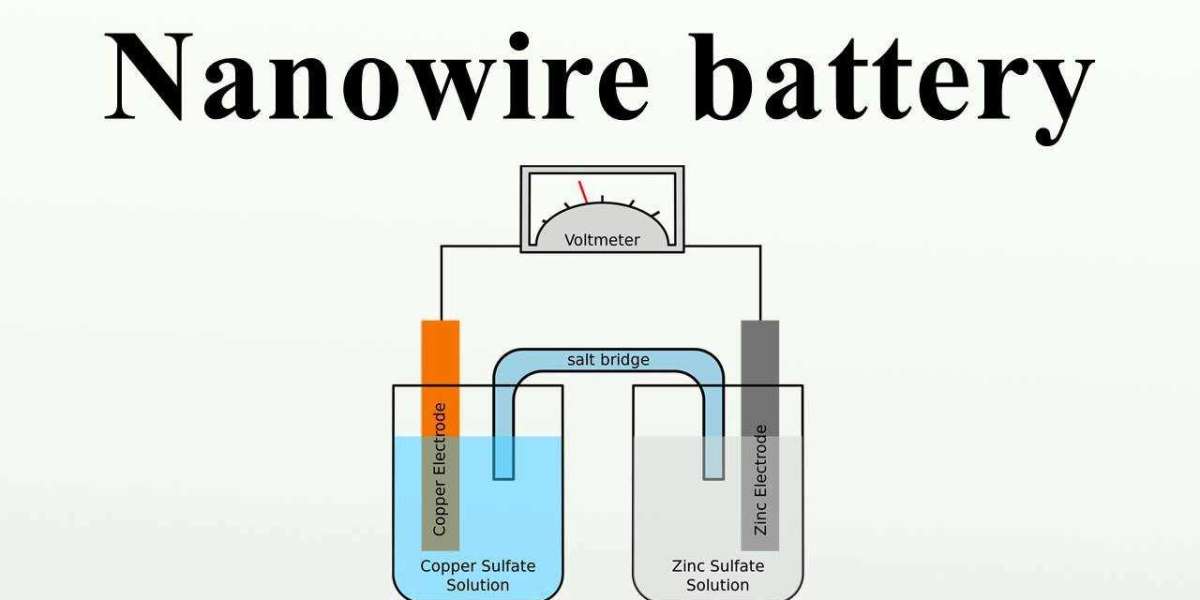Market Research Future Insights
The Smart Irrigation market industry is projected to grow from USD 3.1584 Billion in 2023 to USD 8.2782 billion by 2032, exhibiting a compound annual growth rate (CAGR) of 12.80% during the forecast period (2023 - 2032). During the forecast period of 2023 to 2032, the Global Smart Irrigation Market is expected to grow rapidly. The sector is expanding steadily, and with major players increasingly developing tactics, the marketplace is likely to expand throughout the projected horizon. Over the forecast period 2023-2032, the Smart Irrigation Market research provides insights into many competitive aspects like catalysts, threats, restraints, key figures, categorization, product liability prospects, income stream, latest product releases, and geographic dominance.
The smart irrigation business, among many others, was severely impacted by the COVID-19 pandemic. Numerous companies and software companies encountered various challenges, ranging from procuring factors of production needed to construct Smart Irrigation Market networks to supplying finished products and luring staff from prevention measures. Significant landowners and farming groups have delayed the installation of smart irrigation systems. Product costs increased, and market demand decreased due to pandemic-driven lockdown regulations. On the other side, there has been a surge in interest and investment in the agricultural industries throughout the world. Furthermore, as lockdown restrictions have been removed, the smart irrigation sector is recovering traction. The industry is also projected to see growing demand in the coming years as farming automation increases dramatically.
"Request Free Sample" - https://www.marketresearchfuture.com/sample_request/2529
Regional Analysis
On the basis of the region, the international smart irrigation market is divided into North America, Europe, Asia-Pacific, and the rest of the world. Among these, North America is certainly the most leading smart irrigation market in between the forecasted period of 2018–2023. The United States is indeed the most prominent market, followed by Canada.
Asia-Pacific comes next to North America. The best part, the market is speculated to mark the highest CAGR here in between the forecast period. Two of the leading nations in terms of agriculture, India, and China, are touted to be the frontline nations in this segment. The European market shows great prospects in the UK, and Germany.
Industry News
Cole of Duty publishes a report about the international smart irrigation market research. The report analyses all key aspects associated with the market, contributing to the growth of the market. It predicts the growth rate during the forecasted period upon taking all key aspects associated. It identifies the key market domains showing great prospects.
Key Players
- The Toro Company,
- Netafim,
- Hunter Industries,
- Rain Bird Corporation,
- HydroPoint,
- Rachio,
- Banyan Water,
- Rain Machine,
- ET Water,
- Galcon,
- Weathermatic,
- Skydop,
- Blossom,
- Delta-T Devices
Introduction:
The global agriculture industry is undergoing a transformative shift with the rapid adoption of smart irrigation systems. These innovative technologies are poised to revolutionize traditional farming practices, enhancing efficiency, conserving water resources, and increasing crop yields. The smart irrigation market is experiencing remarkable growth, offering a glimpse into a more sustainable and productive future for agriculture.
Smart irrigation systems integrate cutting-edge technologies such as sensors, weather forecasting, data analytics, and automation to optimize irrigation processes. These systems provide farmers with real-time insights into soil moisture levels, weather conditions, and crop water requirements. By dynamically adjusting irrigation schedules and water delivery, farmers can ensure that their crops receive the right amount of water at the right time, leading to healthier plants and higher yields.
The key drivers behind the rising adoption of smart irrigation systems include:
- Water Scarcity Concerns: As water scarcity becomes an increasingly pressing global issue, farmers are seeking ways to maximize water efficiency. Smart irrigation technologies help farmers conserve water by avoiding over-irrigation and minimizing water wastage.
- Increasing Population: With the world's population projected to reach 9 billion by 2050, there is a growing demand for food production. Smart irrigation enables farmers to optimize crop yields, contributing to global food security.
- Technological Advancements: Advances in sensors, IoT (Internet of Things), and data analytics have made it possible to create sophisticated irrigation systems that respond to real-time data inputs. This allows for precise and efficient irrigation management.
- Government Initiatives: Many governments are recognizing the importance of sustainable agriculture and are providing incentives for farmers to adopt water-efficient practices. This has further fueled the adoption of smart irrigation systems.
The smart irrigation market encompasses a wide range of products and solutions, including weather-based controllers, soil moisture sensors, drip irrigation systems, and more. Key players in the market are continuously investing in research and development to innovate and offer even more efficient and user-friendly solutions.
As the smart irrigation market continues to expand, it is expected to have a significant positive impact on both the agricultural sector and the environment. Improved water management not only benefits crop production but also reduces water pollution and eases the strain on water resources.
Related Reports:
3D Semiconductor Packaging Market
Conclusion:
The smart irrigation market is poised for significant growth as it addresses the urgent need for sustainable water management in agriculture. By optimizing water usage, improving crop yields, and reducing environmental impact, smart irrigation systems offer a promising solution to the challenges faced by the farming community. The integration of advanced technologies such as sensors, weather forecasting, and data analytics empowers farmers with precise control over irrigation processes and enhances overall efficiency.










